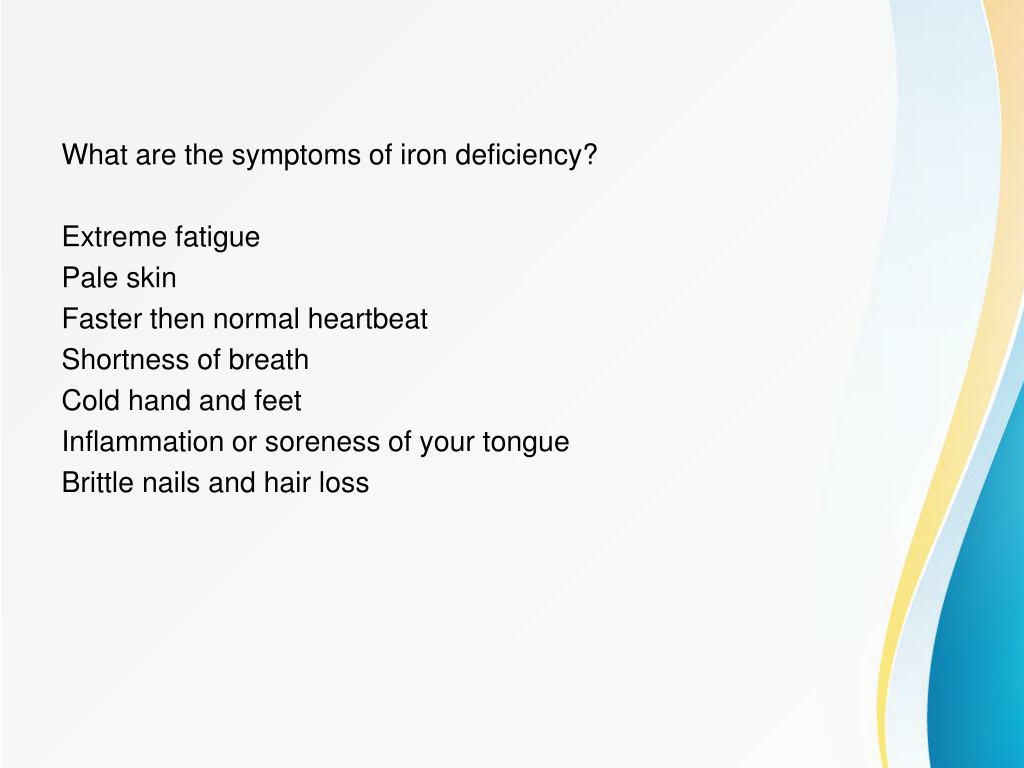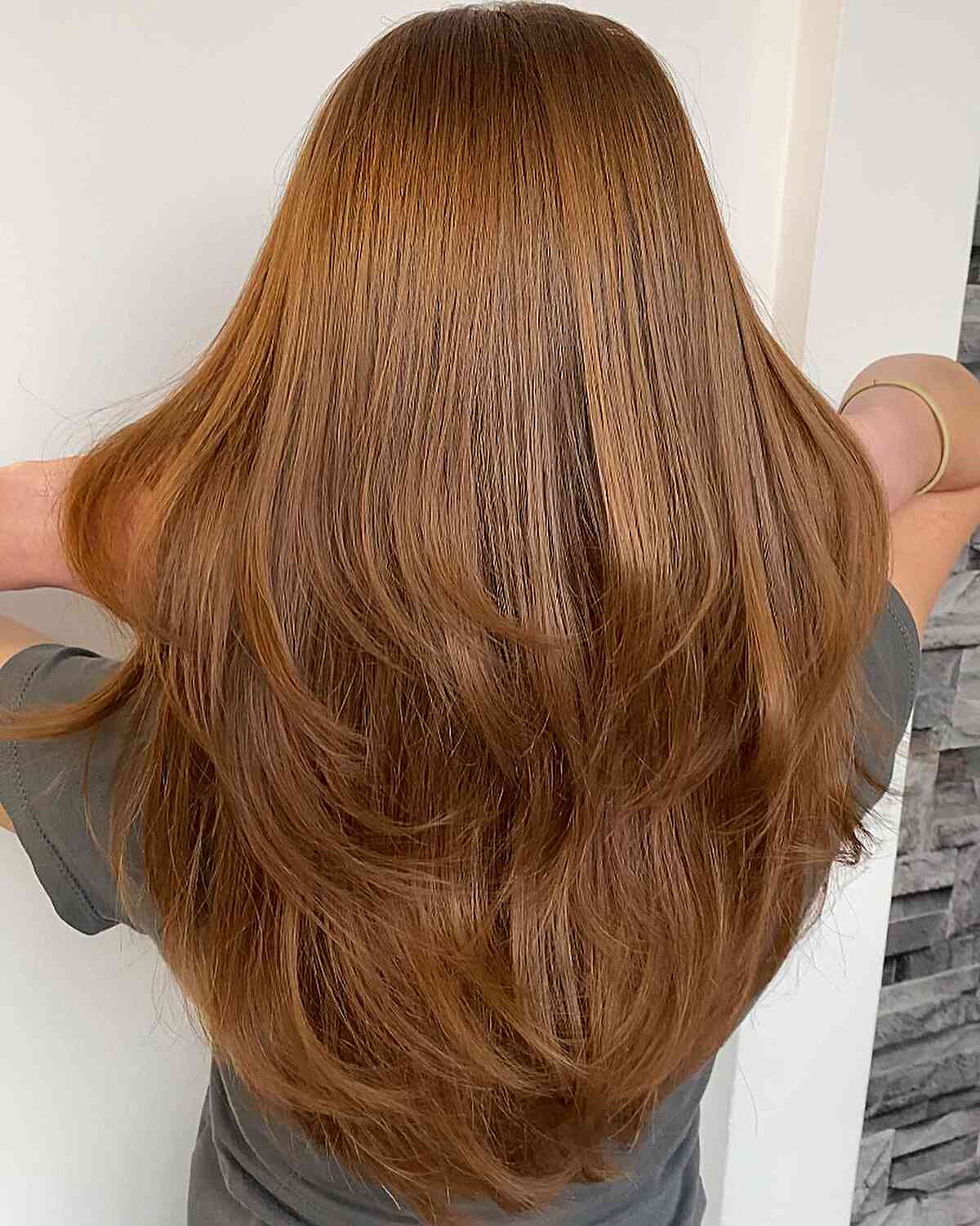Table Of Content

Discuss with your doctor the route, dose, and frequency of iron supplementation that would be the best fit for you. Finally, there may be a connection between women with low iron levels and a condition called telogen effluvium, which causes a reversible, but sudden shedding of a significant amount of your hair. The hair follicles may also have trouble growing new cells when iron stores in the body are too low, leading to slowed growth. These tend to be less common and may be linked to many conditions other than iron deficiency.
What are common types of hair loss?
Avoid using any hair growth treatments unless otherwise directed by your doctor. Another possible scenario is having “classic” hypothyroidism symptoms but testing in the normal thyroid level range. If this happens to you, ask your doctor about checking out your ferritin levels. It’s always a good idea to visit your doctor to discuss treatment options and get you on the path to optimal health quickly. Your doctor can help you change your diet to get the right amount of iron for your needs. The other reason for this might be explained while tracing the role of zinc in the pathways that govern hair follicle growth.
The Role of Vitamins and Minerals in Hair Loss: A Review

In addition, a few case reports have been published relating TE with crash diet [134–136]. In fact, only case reports have been used to justify the use of biotin supplements for hair growth. These case reports were in children and found that 3–5 mg biotin daily could improve hair health after 3–4 months in children with uncombable hair syndrome [37, 38]. Management of alopecia is an essential aspect of clinical dermatology given the prevalence of hair loss and its significant impact on patients’ quality of life. Androgenetic alopecia (AGA), telogen effluvium (TE), and alopecia areata (AA) represent the three most common types of non-scarring alopecia [9].
Vitamins, minerals, and hair loss: Is there a connection?
In such cases, hair regrowth might be possible by reversing an iron deficiency to promote more ferritin stores in your body. If you are a woman and experiencing hair loss, you must rule out the iron deficiency. Of course, it’s not a magic bullet to instantly sprout hair, but keeping it unchecked and therefore running low on iron stores can bring hosts of other problems such as tiredness and irritability. As this error won’t bring you or anyone any glory, but it may bring a lot of grief. Testing your haemoglobin levels will tell you if you have iron deficiency anaemia or not. And to check for low iron stores or iron deficiency, you need to do a serum ferritin test.
If your doctor confirms that you have iron deficiency — typically via a blood test — they will develop a treatment plan that best meets your healthcare needs. Shortness of breath is a symptom of iron deficiency, since low hemoglobin levels stop your body from effectively transporting oxygen to your muscles and tissues. Skin that’s paler than usual in areas like the face, lower inner eyelids, or nails may be a sign of iron deficiency. This paleness is due to low levels of hemoglobin, which gives blood its redness. The most common causes of iron deficiency anemia in women are blood loss during your period and pregnancy.
Associated Data

"See a board-certified dermatologist to closely examine your scalp for redness, scaling, and/or evidence of scarring," Weimann says. Weimann tells us that no large studies have linked the two yet—but that doesn't mean there isn't a link. "Smaller studies have emerged revealing that low iron may be linked to female-pattern hair loss, telogen effluvium (stress-induced hair loss), and alopecia areata," she tells us. "There are some studies revealing the importance of iron for hair shaft integrity, meaning the strength and thickness of the hair. Low iron levels may be linked to brittle hair and frequent hair breakage." Two of the most common non-hereditary causes of hair loss are low thyroid function and iron deficiency. And although they are two completely different conditions, they share some of the same symptoms.
11 Best Hair Growth Vitamins And Supplements (2024) – Forbes Health - Forbes
11 Best Hair Growth Vitamins And Supplements ( – Forbes Health.
Posted: Fri, 05 Jan 2024 08:00:00 GMT [source]
Ensuring your diet contains everything your body needs to function and thrive is one of the best and easiest ways of improving and maintaining your health. You should always follow the recommended dosage on the packaging when taking iron supplements. Iron is toxic in high doses, so taking an excessive amount can make you ill. If you’re unsure about the right amount of iron to take, speak to a pharmacist or doctor.
Symptoms of iron deficiency
CCCA and LPP fall under the umbrella of lymphocytic scarring alopecia. The telltale signs of these conditions are chronic inflammation of the scalp and the scarring of hair follicles, which can result in irreversible hair loss, Agbai notes. Alopecia areata is an autoimmune condition that is characterized by “round patches of hair loss on the scalp,” although it can occur elsewhere on the body, Agbai says. While the exact reason for this type of hair loss is unknown, it is generally understood that “the immune system mistakenly attacks hair follicles, leading to hair loss,” she adds. Traction alopecia is the result of environmental factors, such as wearing your hair in tight hairstyles, Agbai says. Telogen effluvium refers to the excessive shedding of hair follicles, and it occurs when hair follicles prematurely skip to the end of the hair growth cycle, she adds.
What Vitamin Deficiencies Can Cause Hair Loss? - Healthnews.com
What Vitamin Deficiencies Can Cause Hair Loss?.
Posted: Tue, 12 Dec 2023 08:00:00 GMT [source]
Nevertheless, dermatologists and researchers from Cleveland Clinic, Ohio, suggest that treating iron deficiency – even in the absence of anaemia – can enhance the person’s ability to regrow hair. They further add that whatever the cause of hair loss, having too little iron in the blood makes it worse (5). Having iron-deficiency anemia is one of the most common causes of hair loss. Therefore, seeing a doctor and taking an iron blood test can help identify if iron deficiency drives the condition. Therefore, healthcare providers often request patients to undergo an iron blood test as part of the diagnostic stage of the hair loss treatment. Aside from these patterns, women with underlying conditions or medical treatments will most likely experience localized or total hair loss.
Red blood cells are important for the transfer of oxygen throughout your body. Without enough red blood cells, your organs and major systems don’t work as effectively. It’s presumed that ferritin loss occurs when someone loses their hair. But the process of ferritin loss can occur before a person experiences hair loss problems. Besides, some studies have also shown that iron helps regulate some genes that regulate hair growth.
Many dermatologists think that being low on iron stores, even without anaemia, can lead to hair loss. What remains unclear is what degree of iron deficiency may contribute to hair loss. Like any other cell, the hair follicles require oxygen to stimulate hair growth, repair skin damage, and create new blood vessels if necessary.
While hair loss is more prominent among men, women are not an exception to the condition and even pattern baldness. According to the Academy of Dermatology Association, women lose between 50 to 100 strands of hair per day. Animal protein such as fish, eggs, meat and dairy are a great source of vitamins, however you should aim to keep your intake of red meat and processed meat low. If you do eat processed foods such as biscuits, chocolate, or cakes, it’s best to think of these foods as a treat and have them every now and again. There are many different types of hair loss, and only a doctor can diagnose the cause by considering a range of factors including general health, genetic history, age, and gender. When your hemoglobin drops below normal levels because of low iron, you have iron-deficiency anemia, the most common type.
For example, unsaturated fatty acids may inhibit 5α-reductase, a factor causing hair loss, or an omega-6 fatty acid may promote hair growth. Therefore, deficiency of those fatty acids would likely cause hair shedding. Incorrect uses and malabsorption disorders are likely to be factors that contribute to fatty acids deficiency. While A vitamin has a role in activating hair follicle stem cells, unlike other vitamins and minerals, the lack of it does not contribute to hair loss.
“A lack of essential vitamins and minerals such as iron, zinc and vitamin D can contribute to hair loss, particularly if you are experiencing an iron deficiency. Vitamins are essential nutrients that play a crucial role in hair health and getting the adequate amount is important. Hair follicle cells are one of the most rapidly dividing cells in the body.
Dozens of over-the-counter supplements and products purport to reverse hair loss, making it tough for patients to know which ones work and which don’t. A variety of treatments have been developed to help regrow hair and thicken existing hair on patients with alopecia, dermatologists say. Their effectiveness largely depends upon what type of alopecia you have and how quickly you start treatment. Here, dermatologists share what you need to know about alopecia, including possible causes, treatment options and what you can do to prevent more hair loss.

No comments:
Post a Comment